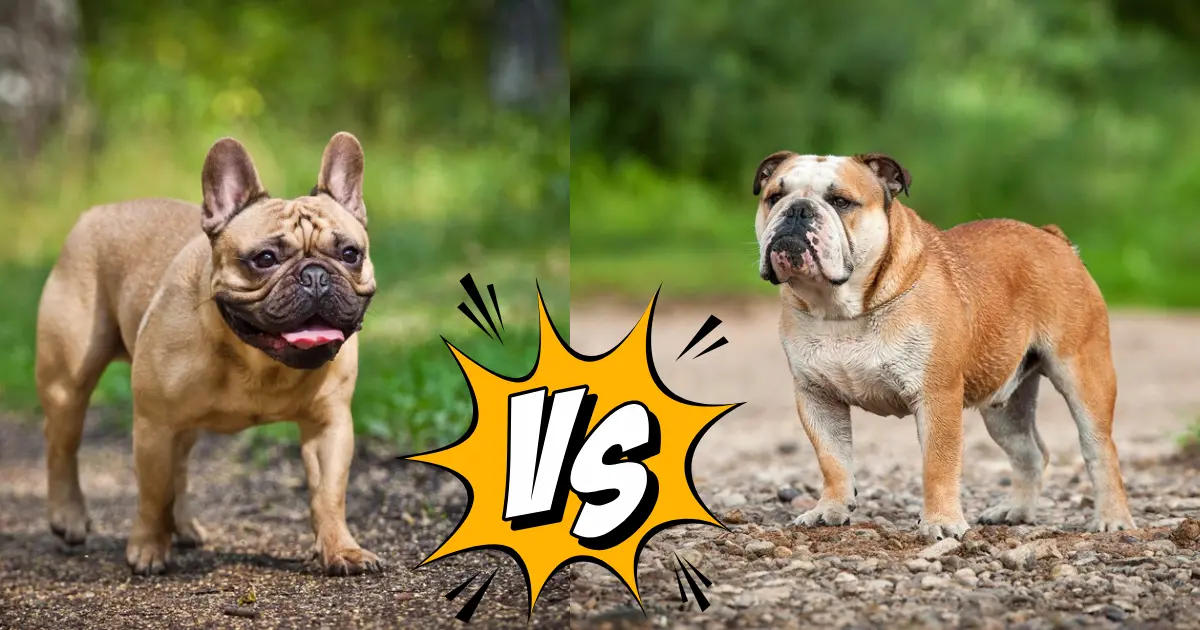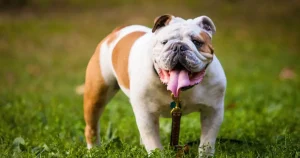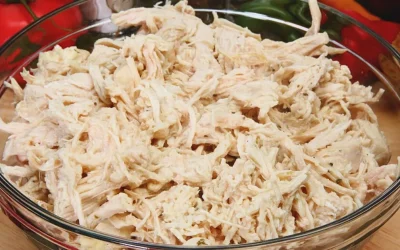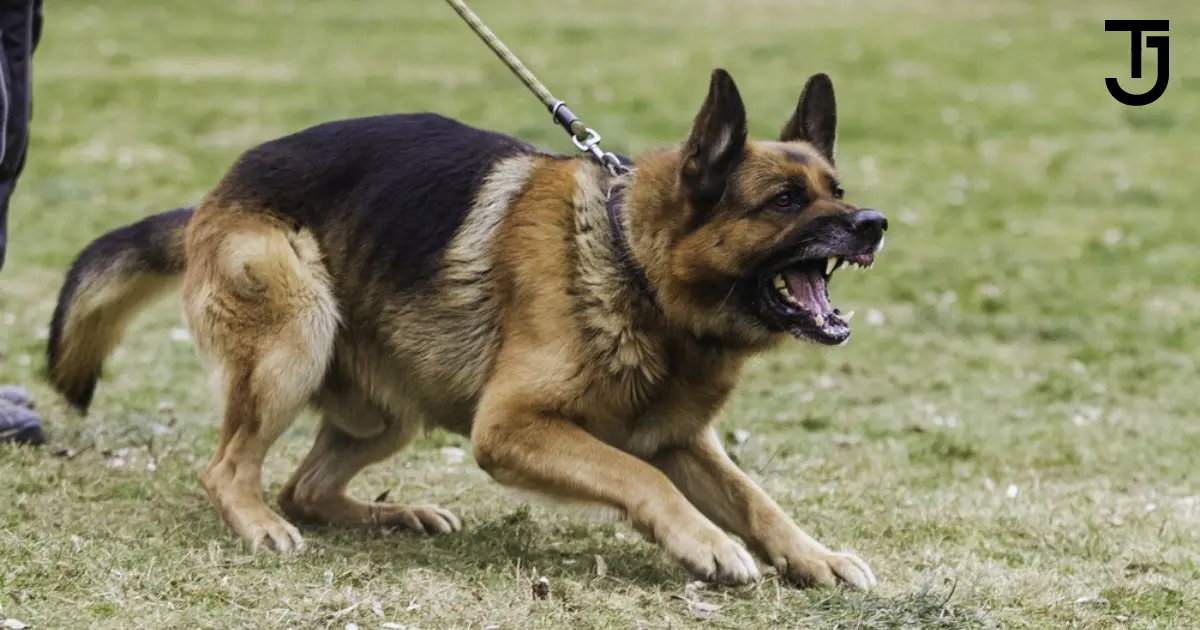French Bulldog vs English Bulldog: Breed Differences?

Choosing between a French Bulldog vs English Bulldog is a personal decision that is inspired by the potential dog owner’s lifestyle, interests, and desire to meet the breed’s unique requirements. Both species have individual histories, appearances, personalities, and care necessities, making them popular among many.
In this article, we discover those characteristics of French vs English Bulldogs. Utilizing this, we hope to assist you in figuring out which breed can be a suitable match for your lifestyle. Let’s examine the characteristics that distinguish every breed and decide which matches your family best.
French Bulldog vs English Bulldog: 9 Key Differences
Dogs have always been at our aspects as companions, bringing pleasure, laughter, or maybe a little trouble into our lives. In the world of adorable dogs, few breeds are as attractive as bulldogs, with their unique, wrinkled faces and loveable attitudes. However, two breeds in this big category have a variety of fans: the French Bulldog and the English Bulldog. Here, we will cover these breeds in 9 major categories to assist future pet owners in making the best choice that matches their lifestyle.
1. Breed History
The French Bulldog, sometimes known as the “Frenchie,” has a long history, originating as a small bulldog in England and later gaining popularity in France. On the other side, the English Bulldog’s origins are believed to be in the British Isles, where it first seemed for bull-baiting, a popular spectator sport at the time.
French Bulldog’s Origins

The French bulldogs’ origins were most likely little bulldogs from the British Isles. When lace workers moved to France in the 1800s, they carried their puppies. The breed developed different characteristics in France, including the ‘bat ears,’ and its popularity increased. The French Bulldog became famous among Parisian top society, and it is commonly related to fashion and elegance.
English Bulldog’s Origins

The English bulldog, as we know it now, is an extra-sized, more muscular breed than the French bulldog. In the past, the English Bulldog became a bigger, more aggressive guard dog used to entice bulls. In time, laws against the practice pushed breeders to reproduce an extra gentle puppy, resulting in the current English Bulldog’s pleasant and laid-back nature.
Read More Article: Blue Pied French Bulldog: Complete Guide for Pet Owners
2. Appearance
One of the first unique trends between the French and English Bulldogs is their physical appearance.
French Bulldog Appearance
French Bulldogs are small, effective dogs with smooth coats and “bat ears.” They feature a unique oval-shaped head and a corkscrew tail. Frenchies are available in various coat colors, including brindle, fawn, pied, and more.
English Bulldog’s Appearance
This medium-sized, wide-faced dog breed is known for its permanent scowl resulting from its pushed-in nose, wrinkled brows, and driven-back face. A smooth coat and a unique sour-mug look are features of this breed. The combination of brindle and fawn are the most common coat colours for those puppies.
3. Temperament
Each French and English Bulldog is recognized for their loving and gentle personality despite their often frightening appearance.
Temperament of French Bulldogs
French Bulldogs are beloved for their loving and active personalities. They enjoy playing and can be great entertainers. However, they also have a character for being instead relaxed. Frenchies are social and usually get along with children and other pets.
The temperament of an English Bulldog
English Bulldogs are also recognized for being calm and gentle, making them ideal family companions. They are more laid-back and have a pleasant, affectionate temperament, often described as “loving the couch as much as their owner.”
4. Exercise Requirements
Both breeds have unique requirements for being active and healthy.
French Bulldog Exercise
The French Bulldog is a low-energy dog who enjoys playing but doesn’t require much exercise. Short walks and playful activities at home usually keep them healthy and happy. However, considering their body structure, they’re not fine swimmers, so water play needs to be limited or avoided.
English Bulldog Exercise
English Bulldogs like playing and going on short walks, but their brachycephalic (brief-nosed) structure leads them to come out of breath quickly. As a result, they must pay attention to their respiratory and avoid stress. They also need to be saved cool in hot weather to prevent overheating.
5. Training
Training a bulldog breed requires time and an understanding of their unique features.
French Bulldog Training
Frenchies are smart and want to please their owners. However, they can be stubborn in some instances. The best methods to train a French Bulldog are to apply superb reinforcement, be consistent, and keep training lessons short.
Training an English Bulldog
English Bulldogs are recognized for being impartial, which can make them tougher to train. Like the French Bulldog, they do well with positive reinforcement, and beginning to teach them as puppies will help build a good training base.
6. Health
Bulldogs can have health problems that people who want to own should know about.
French Bulldog Health
French Bulldogs are at risk for respiration problems due to brachycephalic syndrome, which may appear in their unique facial structure. Additionally, they risk getting skin allergic reactions and some joint and spine conditions.
English Bulldog’s Health
The English Bulldog’s short snout can cause respiratory difficulties, hyperthermia, and dental issues. They are also at risk of skin fold infections, hip dysplasia, and other breed-unique disorders.
7. Nutrition
Proper nutrition is essential for bulldogs to maintain a healthy weight and minimize their risk of certain health issues.
French Bulldog Nutrition
Frenchies benefit from a diet designed for petite and medium-sized breeds. Their slim jaw may make kibble tough to eat. Therefore, softer or small-bite choices can be best.
English Bulldog Nutrition
English Bulldogs require a nutritionally balanced diet that considers their predisposition to gain weight. Owners must be aware of portion amounts and pick diets that save from obesity, which can worsen the breed’s health problems.
8. Grooming
Due to their hair types and skin wrinkles, both breeds require specific maintenance.
Grooming a French Bulldog
French Bulldogs have a short, smooth coat that requires minimum protection. Brushing their tooth normally and taking the occasional bath is commonly sufficient. However, to keep away from infections, their skin folds must be cleaned regularly.
Grooming the English Bulldog
The English Bulldog’s coat also needs to be brushed on an everyday basis to prevent shedding and keep it easy. To prevent infections, their skin folds need to be well cleaned, just because of the French Bulldogs. Consistent dental care is also essential for stopping periodontal disease.
9. The puppies’ price
There are different prices for getting a bulldog.
The Price of a French Bulldog Puppy
French Bulldogs are often more expensive than English Bulldogs due to their popularity. Depending on pedigree and breeder reputation, they can price between $1,500 and $8,000.
The Price of an English Bulldog Puppy
English Bulldogs are usually less expensive than French Bulldogs, costing between $1,600 and $4,000 on average. English Bulldogs with show-quality pedigree, like Frenchies, might be on the costly side.
Which Breed Is Right for You: French Bulldog vs English Bulldog?

The right pet isn’t always just about size or appearance; it’s about the suitability of their temperament and your lifestyle. The Frenchie’s tiny size and urban attraction will appeal to those looking for a low-maintenance, charming associate. Meanwhile, the English Bulldog’s strong presence and devoted nature make it an excellent preference for everybody seeking a grounded, affectionate friend.
Choosing According to Lifestyle and Preferences
Before making the final jump into the world of flat-faced Bulldogs, it’s important to reflect. Are you a potential English Bulldog figure who prefers a sedentary lifestyle? Or are you a busy bee looking for the companionship of a French Bulldog that complements your vibrant but low-key lifestyle? These are the questions that will shape the course of your life together with a bulldog.
To summarize the comparison, remember that every canine is unique, and the breed is only one factor in defining a dog’s personality, behavior, and health requirements. Potential owners should conduct enormous research and compare their skills to satisfy each breed’s needs and viable challenges. Whether the Frenchie’s vibrant attraction or the English Bulldog’s unshakable loyalty captures your heart, these breeds make wonderful dog partners for the appropriate family.
FAQs:
Q1: Which breed is most ideal for families with children?
Both French Bulldogs and English Bulldogs make awesome family pets, but early socialization is especially essential for children. Supervision is critical to ensure that playtime remains raucous and brachycephalic respiratory continues uninterrupted.
Q2: Are French or English bulldogs easier to teach?
Because of their independence, French Bulldogs and English Bulldogs are hard to teach. Consistency, high-quality reward, and persistence will bring about nice schooling results for both breeds.
Q3: Do English or French Bulldogs shed a lot?
Neither breed sheds closely. French Bulldogs have an excellent, brief coat that requires little brushing. However, English Bulldogs’ coats are also quick but heavier, necessitating a little more maintenance.
Q4: Can you leave an English Bulldog or French Bulldog alone for a long time?
If you leave those two breeds alone for a long time, they are able to get separation anxiety. If you know you may be long past for a long term, it’s best to have a plan, like a puppy sitter or doggie daycare.
Q5: How long should a French Bulldog or an English Bulldog live?
A French Bulldog normally lives between 10 and 12 years, while an English Bulldog generally most effectively lives between 8 and 10 years. Of course, that is only a guess; everyone’s lifespan is different. Each sort of puppy can stay longer and better lives in the event that they get the right care and food.




